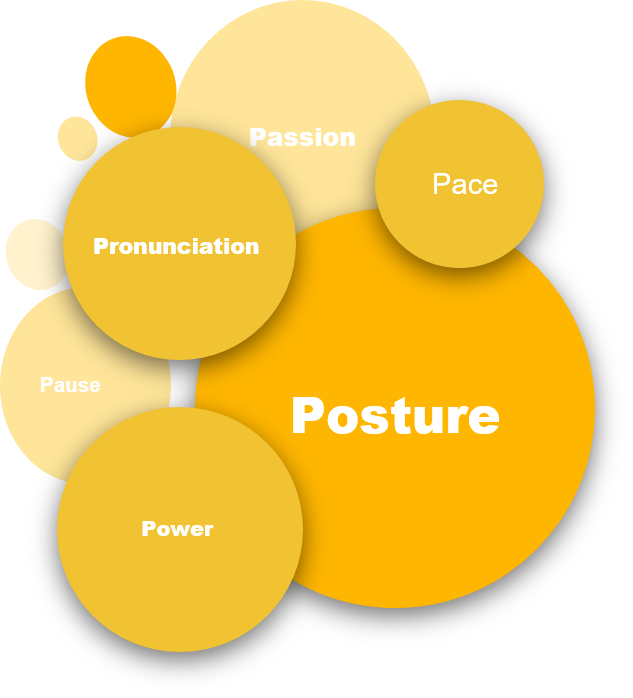What do you know about public speaking skills?
 First impressions matter. Experts say we size up new people in somewhere between 30 seconds and two minutes.
First impressions matter. Experts say we size up new people in somewhere between 30 seconds and two minutes.
Elliott Abrams
What do you know about public speaking skills? 
Most people possess at least some degree of fear of public speaking. In fact, very few people report actually enjoying it. Developing your public speaking skills can put you at a big advantage in your career.
Snakes? Fine. Flying? No problem. Public speaking? Yikes! Just thinking about public speaking—routinely described as one of the greatest (and most common) fears—can make your palms sweat. But there are many ways to tackle this anxiety and learn to deliver a memorable speech
There’s no single formula for a great talk, but there are a few tips which may help you:
- Relax Your Body Language. Try to maintain proper posture, make eye contact with the audience, and move in ways that look natural. Avoid putting your hands in your pockets or crossing your arms. Use purposeful hand gestures as you make your points. Don’t stare down at the ground or at your notes for long periods of time.
- Practice Voice and Breath Control. Consider your vocal pitch, rate, and volume.
- Prepare Talking Points that contain the key messages you want your audience to know, feel, and understand by the time you have finished speaking. This helps prevent you from getting off track in your presentation and ensures you do not forget to cover any important points.
- Know Your Audience. Take the time to understand your audience so that you can tailor your speech to them. Think about what is important to them and what they are most likely to find useful.
- Add a Visual Aid, such as a PowerPoint presentation, can help you make your key points while better engaging the audience.
Nobody expects you to be perfect.
Good communication is never perfect. However, putting in the requisite time to prepare will help you deliver a better speech. You may not be able to shake your nerves entirely, but you can learn to minimize them.
Don’t Read Unless You Have to.
Work from an Outline.
Reading from a script or slide fractures the interpersonal connection. By maintaining eye contact with the audience, you keep the focus on yourself and your message. A brief outline can serve to jog your memory and keep you on task.
Watch for Feedback and Adapt to It.
Keep the focus on the audience. Gauge their reactions, adjust your message, and stay flexible. Delivering a canned speech will guarantee that you lose the attention of or confuse even the most devoted listeners.

 First impressions matter. Experts say we size up new people in somewhere between 30 seconds and two minutes.
First impressions matter. Experts say we size up new people in somewhere between 30 seconds and two minutes.